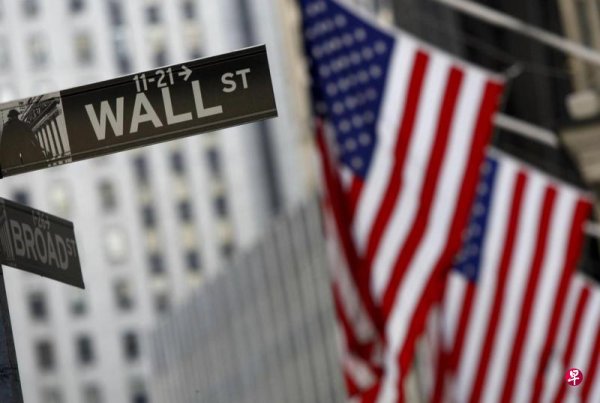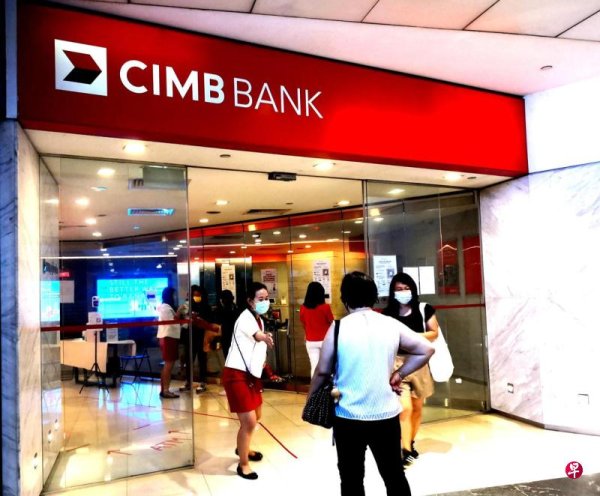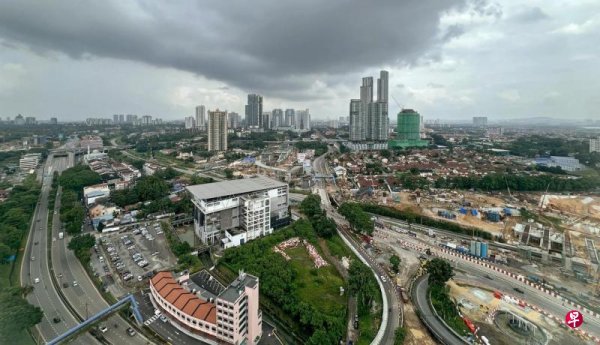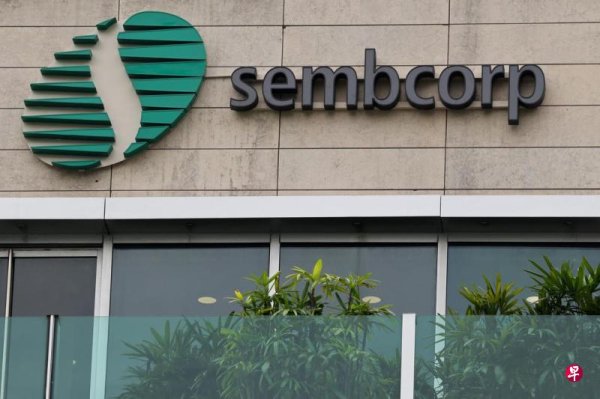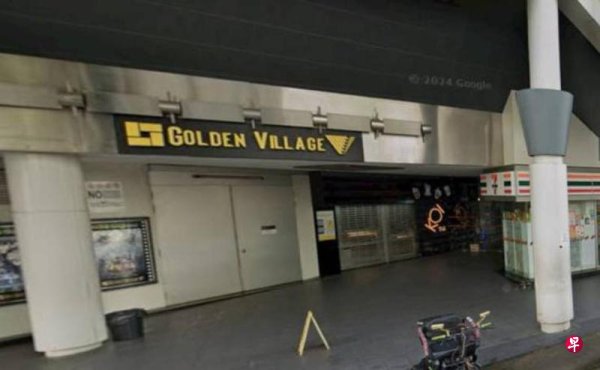Federation of Industry and Commerce: Re-discussion on the tariff warning letter sign agreement may affect the Rouxin Special Zone
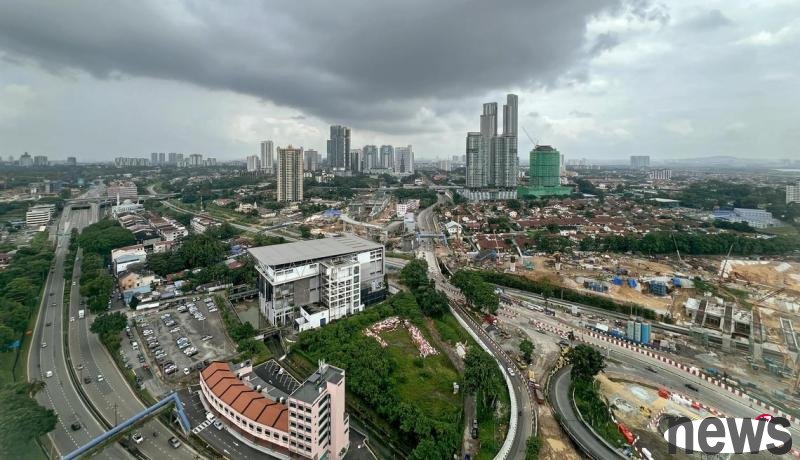
Guo Bingxun said in an interview with Lianhe Zaobao: "From the content of the letter, it seems that everything has not been finalized yet. These letters only mark another iteration of the trade agreement process. The problem is that Trump's cycle of setting tariff rates is very short, while commercial investment decisions are longer. The latest progress will only exacerbate the current extreme and continuous uncertain environment and have a chilling effect on commercial investment."
He gave an example that if a semiconductor company leaves its main printed circuit board components in Johor and ships them directly from the local area, it will pay a 25% tariff on Malaysia's exports to the United States. However, if it ships semi-finished products to Singapore for final assembly and system integration, those goods (exported from Singapore) are likely to be cleared at a 10% tax rate, provided it can prove that a “substantial value-added transformation” has been achieved in Singapore.
Regarding the United States’ tariff warning letter issued to 14 countries on Monday, Guo Bingsun, executive president of the Singapore Federation of Industry and Commerce (SBF), said on Wednesday (July 9), "Companies are preparing to face another escalation of uncertainty."
Nevertheless, for enterprises considering settling in Rou New Special Zone, tariffs are just one factor to consider. Guo Bingxun said: "Some companies' target markets are not the United States. The Johor New Special Zone provides them with an attractive solution to both the advantages of both places - to obtain more competitive production factors in Johor prices, and to take advantage of Singapore's global connectivity and higher-end headquarters services."
The tariff policy of the Trump administration in the United States is confusing, repeated, and the implementation date is delayed again and again, which makes merchants afraid to make larger investment decisions easily. At present, if Malaysia finally faces a 25% reciprocal tariff, the Johor-Singapore Special Economic Zone (JS-SEZ, Johor New Special Economic Zone) that Singapore and Malaysia cooperate with may also be affected.
Guo Bingxun pointed out that for manufacturing companies that want to export to the United States, Malaysia currently faces a 25% tariff on exports to the United States. In contrast, Vietnam signed a trade agreement with the United States, and its export tariffs were 20%, which to some extent weakened the attractiveness of the SAR. However, if companies can link some of their production businesses with Singapore, they will have the opportunity to enjoy Singapore's lower 10% tariff on exports to the United States, thereby gaining a certain cost advantage.


